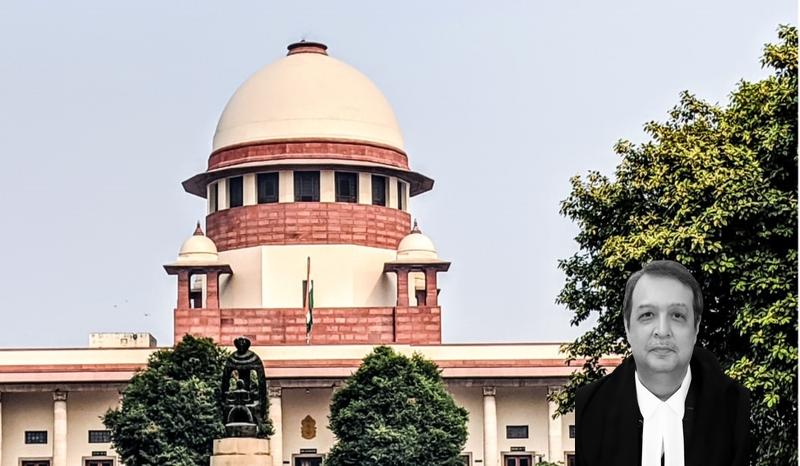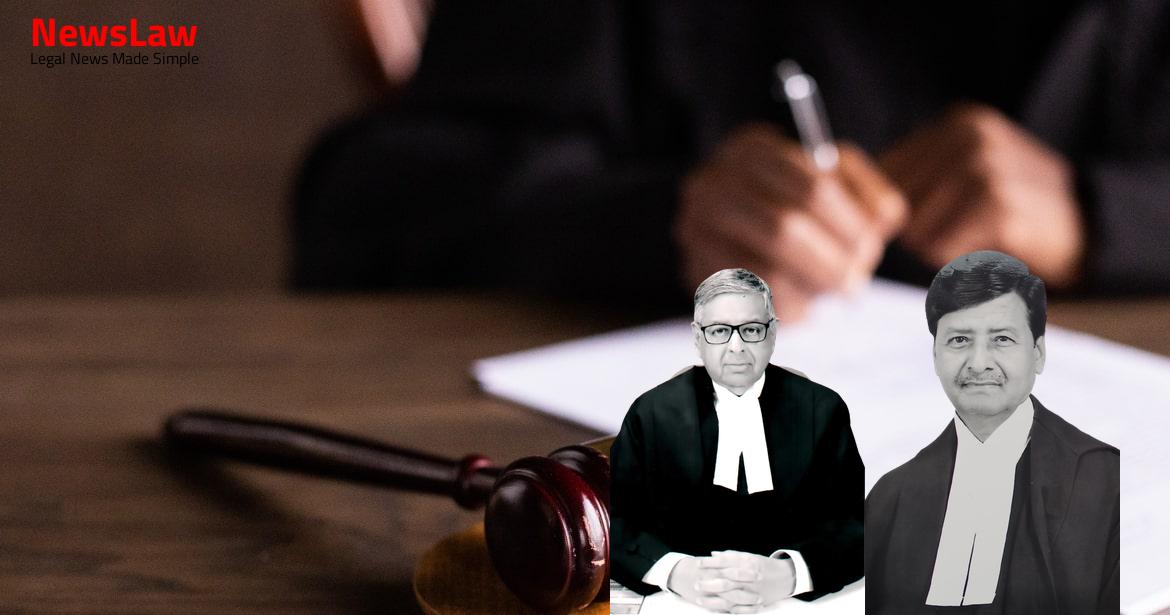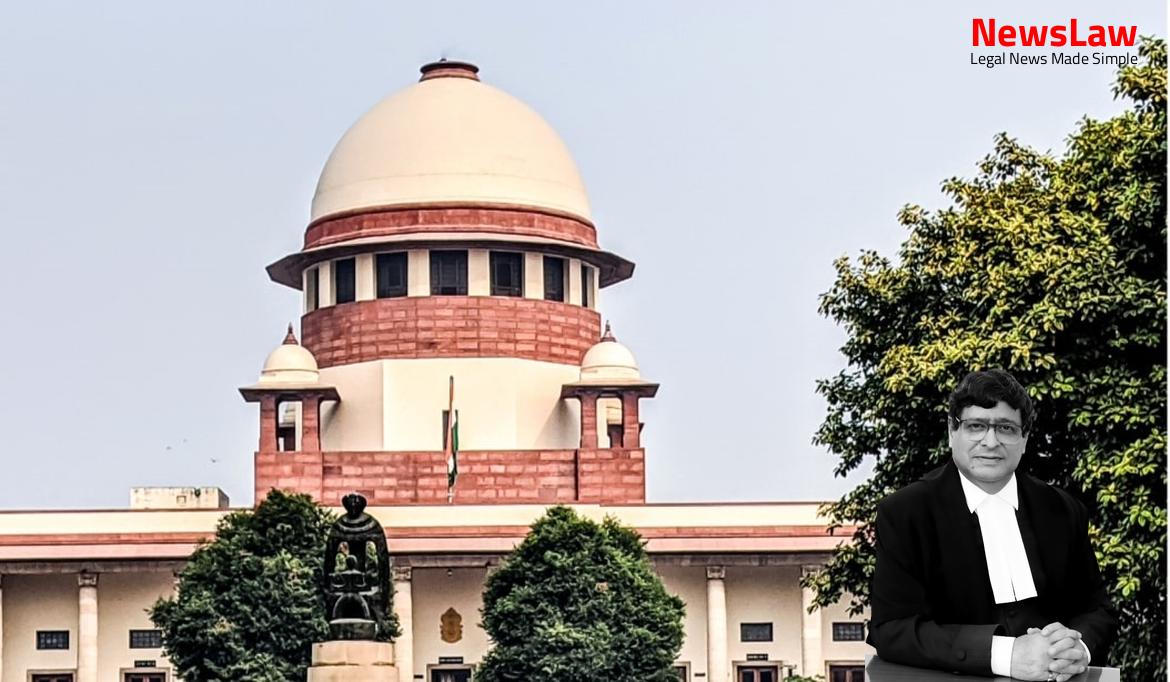This is an appeal at the instance of the original accused summoned for the offence of defamation punishable under Section 500 of the Indian Penal Code (for short, “the IPC”) and is directed against the order passed by the High Court of Judicature at Bombay, Nagpur Bench, dated 03.02.2010 in Criminal Writ Petition No.676 of 2009, by which the High Court rejected the writ petition filed by the appellant – Kishore Balkrishna Nand and thereby declined to quash the order of issue of process by the Magistrate for the offence of defamation.
It appears from the materials on record that the appellant herein lodged a complaint in writing addressed to the Sub- 1 Divisional Magistrate (for short, “the SDM”) stating that the respondent no.2 herein (original complainant) had put up a shop by encroaching upon some land. Eight years thereafter the appellant thought fit to challenge the original order of issue of process before the High Court.
He pointed out that his client (appellant), in good faith, brought to the notice of the SDM that the complainant had encroached upon some portion of the land and had put up a shop which was creating nuisance.
ANALYSIS: Having heard the learned counsel appearing for the parties and having gone through the materials on record, the only question that falls for our consideration is whether the allegations made in the complaint addressed to the SDM make out the offence under Section 500 IPC or not?
Also Read: https://newslaw.in/?p=548
Defamation.—Whoever, by words either spoken or intended to be read, or by signs or by visible repre- sentations, makes or publishes any imputation con- cerning any person intending to harm, or knowing or having reason to believe that such imputation will harm, the reputation of such person, is said, except in the cases hereinafter excepted, to defame that person.”
4 Eighth Exception to Section 499, to which reliance has been placed by the learned counsel, reads as under: “Eighth Exception.—Accusation preferred in good faith to authorised person.—It is not defamation to prefer in good faith an accusation against any person to any of those who have lawful authority over that person with respect to the subject-matter of accusation.” The word “good faith” has been defined in Section 52 of the IPC to mean: “52.
As a consequence of the same, the original order passed by the 5 Magistrate issuing summons, is also hereby quashed and set aside.
Pending application(s)
Also Read: https://newslaw.in/?p=554
, if any, stands disposed of.
Case Title: KISHOR BALKRISHNA NAND Vs. THE STATE OF MAHARASHTRA (2023 INSC 675)
Case Number: Crl.A. No.-002291-002291 / 2011



